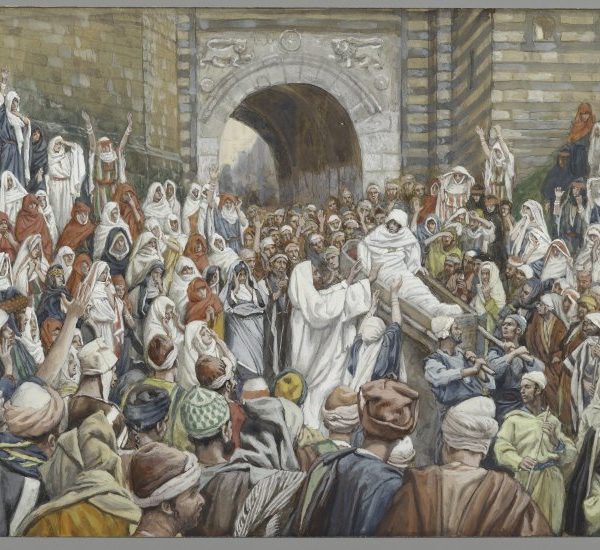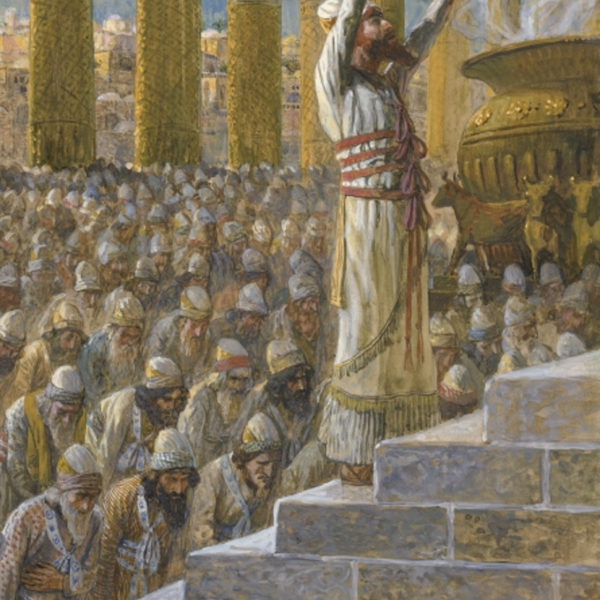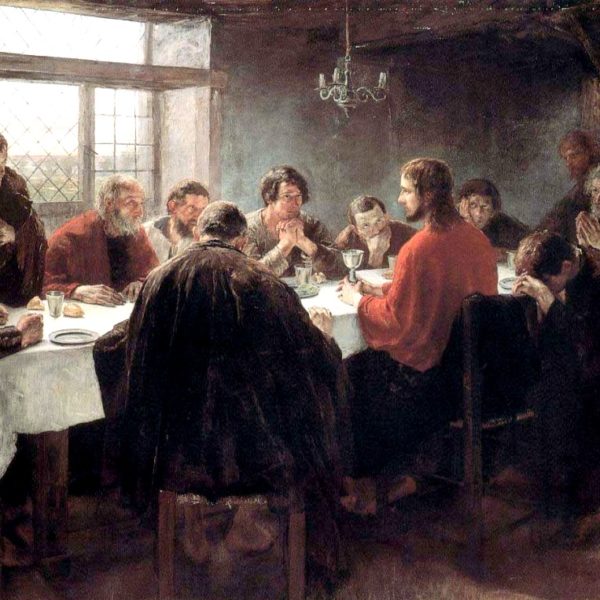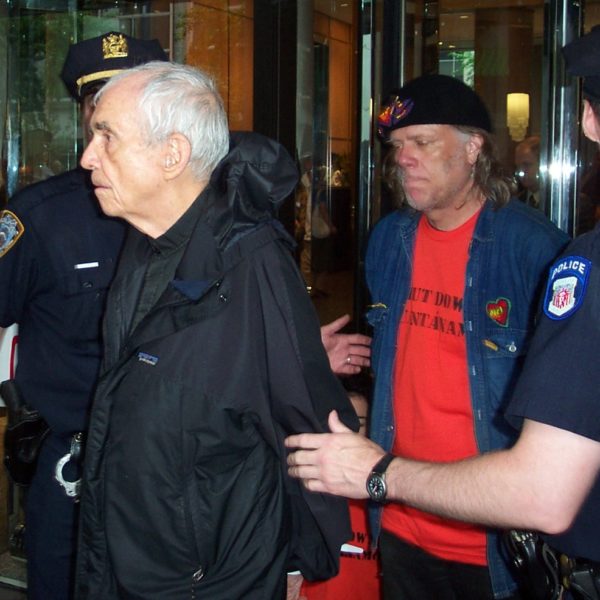
Framed merely as a story about the call to discipleship, and omitting verses 17-18, the fact that God is instigating political coups through his prophets in this passage could easily be missed if we didn’t consider the scriptural context of this week’s lectionary reading. Reflecting upon this passage and the ensuing events, we can learn something about God’s relationship to political rule.

When a large crowd of admirers met a large crowd of mourners, Jesus noticed the widow, a political act of directing attention to one whose life was most imperiled. Followers of Christ would do well to do the same.

According to 1 Kings 8, prayer is what Israel is supposed to do in times of helpless hopelessness. The temple is where they turn when there is nowhere to turn. Israel as a whole was invited to appeal to the High King for help in times of trial, and the text leads us to wonder if every polity directs its hopes toward a temple.

Proverbs presents a vision of political wisdom that calls for deep moral integrity of political actors, both in their most public and in their most private behavior. It offers an alternative to the cynical demoralization of contemporary entertainment-driven politics, with its celebration of permission and transgression.

The question of the status and authority of the church after Jesus’ bodily departure looms large over the Farewell Discourse, manifesting both the concerns of the disciples and concerns of a later Johannine community. On account of the Spirit’s presence, the church is empowered to speak with a fresh yet authoritative voice to new challenges.






